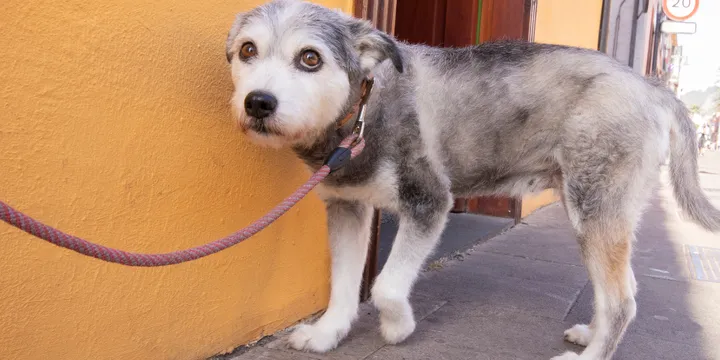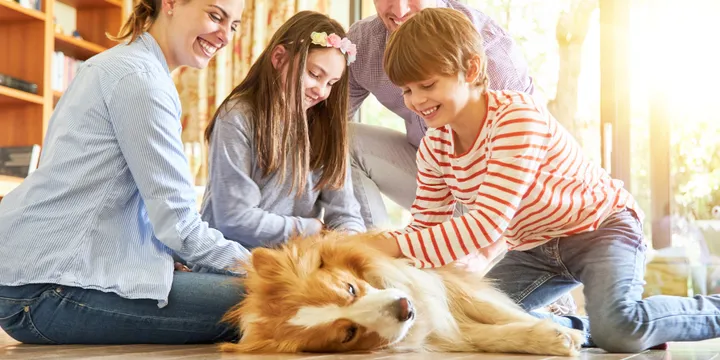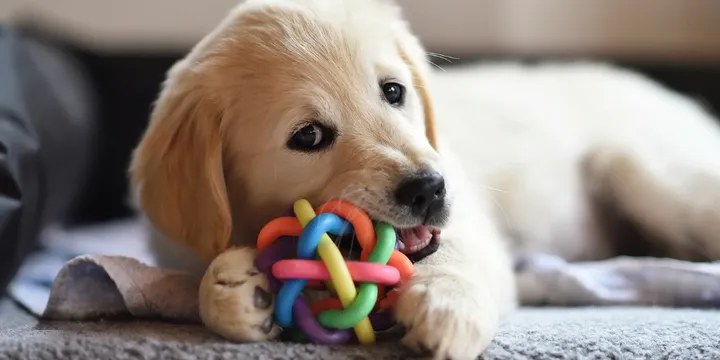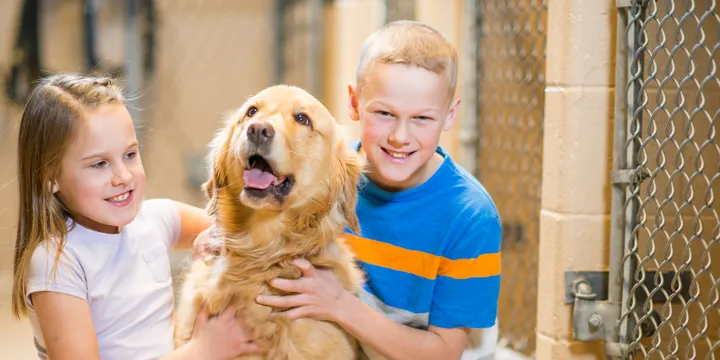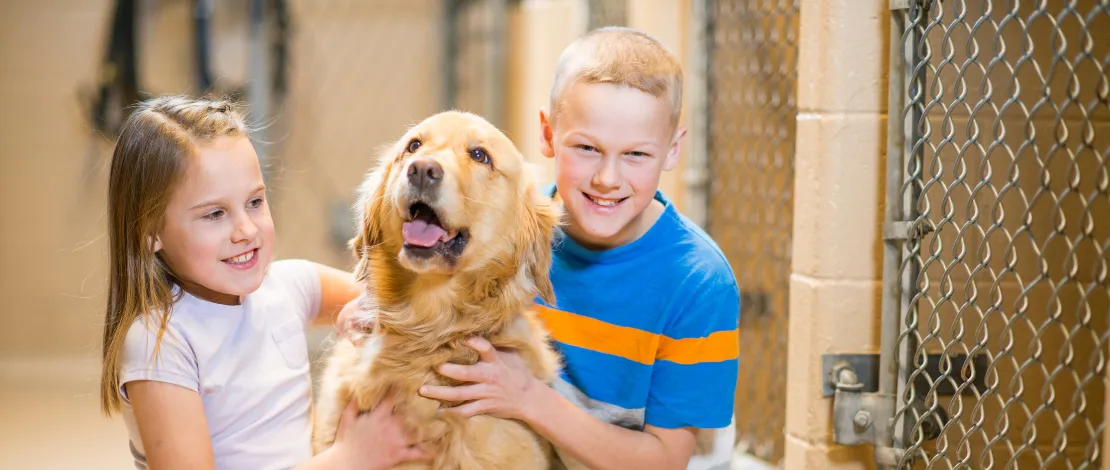
Finding the ideal dog: Where to start?

So you're thinking about adding a dog to your family? That's fun!
You can search in a lot of places, but they are not all the same. I've been there, done it and learned a few things along the way.
So, before you go headlong into puppy hunting, I'll tell you how to find the perfect dog.
Where do you find a dog?
Of course, you can look in the newspaper, go to a pet store or even browse websites on the Internet.
But the easiest path may not lead you to the best dogs. Take puppy mills, for example.
These places produce puppies like nothing, but they often don't have a health certificate, which can lead to a lot of problems later on.
Checklist for finding a reliable source for dogs
Here is a handy checklist to help you distinguish the good breeders from the not-so-good ones:
- The breeder breeds only one or two breeds of dogs.
- All dogs have a health guarantee.
- The breeder will take the dog back at any time.
- Parents have certifications from reputable organizations
- Dogs are bred to improve the breed, not to make a quick buck.
Renowned breeders

These people are not doing it for the money. No, they love their breed and are on a mission to make it even better. They know their business inside out, from breed standards to bloodlines, and they are all about breeding top-quality puppies.
Steps to find a reliable breeder
Ready to begin your search for the perfect puppy? Here's a step-by-step guide to get you started:
- Start by consulting resources such as the AKC website or breed association referrals.
- Once you have a list of potential breeders, it's time to make contact. Call them, send them an e-mail - whatever you want. Ask all the questions and get an idea if they are a good fit for you and your future dog.
- Well, you've narrowed down your list and found a few breeders that seem like a good fit for you. Now it's time to put on your best puppy-loving smile and pay them a visit. Take a tour of their facilities, meet the parents (if possible) and get a feel for their breeding practices. Trust your gut - if something isn't right, it probably is.
Interview questions to rate Breeders
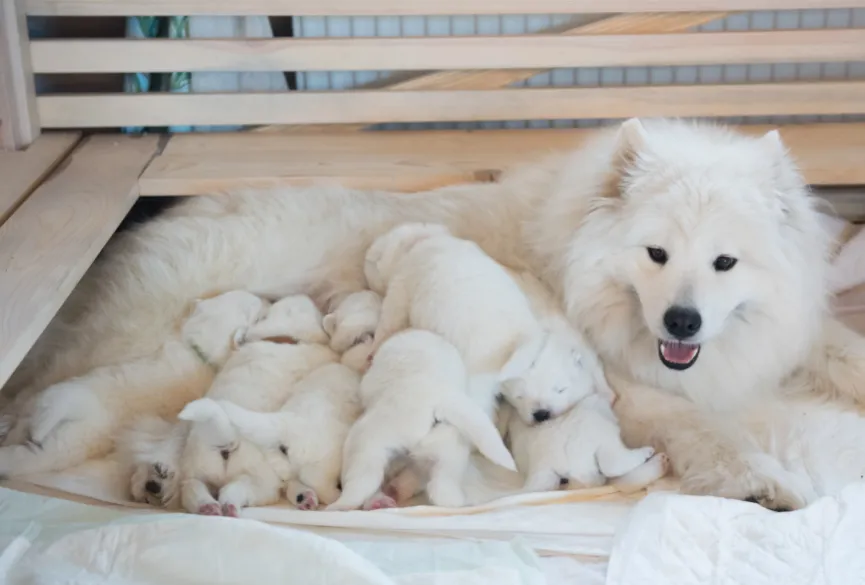
OK, you've found a few breeders who seem promising, but how do you separate the wheat from the chaff? It's all about asking the right questions and finding out what drives them.
Question 1: Are you a member of an association? Let's start with the basics. Are they a member of a breed association? If they are a member of a breed association, they show their dedication to the breed and their commitment to maintaining standards.
Question 2: Show me what you have Let's talk next about credentials. Do they participate in conformation or performance events? This gives you insight into their commitment to the dog world and their dedication to breeding first-rate puppies.
Question 3: Time on the clock Experience matters, folks. How long have they been breeding this particular breed? While everyone has to start somewhere, seasoned breeders often have the know-how to breed healthy, happy puppies.
Question 4: Quality over quantity How many breeds do they show or breed? Ideally, you want a breeder who specializes in one or two breeds, rather than spreading out with a laundry list of puppies.
Question 5: Titles and trophies Let's talk about achievements. Do the pups' parents have titles in conformation, obedience or other achievements? A breeder who breeds for excellence probably has a number of commendations to show off.
Question 6: The matchmaker How did they choose the stud dog? A thoughtful answer here shows that they don't just throw two dogs together and hope for the best - they carefully select partners to improve the breed.
Question 7: Pedigree Secrets Do you have a pedigree? Ask for photos and information about the puppy's lineage, from parents to grandparents and beyond. A knowledgeable breeder will be happy to share his pedigree with you.
Question 8: Health matters Health certificates are non-negotiable. Do the parents have certificates from organizations such as the Orthopedic Foundation for Animals (OFA) or PennHIP? This ensures that your future puppy is off to a good start in terms of health.
Question 9: Breeding for the better Why did they breed these two dogs? A breeder who goes for the long haul has a clear goal in mind: to produce puppies that will improve the breed and carry on the legacy.
Question 10: Age for beauty How old are the puppies' parents? Ideally, they should be two years or older to ensure they are mature enough to produce healthy offspring.
Question 11: Health Check Are the puppies dewormed and vaccinated? A health check is a must to make sure your new fur baby is off to a good start.
Question 12: Contractual Obligations Do you have a contract? Review it carefully and make sure it contains all the basics, from health guarantees to buy-back clauses.
Question 13: Take Me Back Will they take the dog back under any circumstances? A responsible breeder will always support you no matter what.
Question 14: Paperwork, please Are these dogs registered with reputable organizations such as the AKC or UKC? Registration ensures that your pup is a bona fide member of the breed association.
Question 15: What do they supply with the sale? From vaccination records to starter supplies, a reputable breeder will set you up for success from day one.
Asylums and shelters
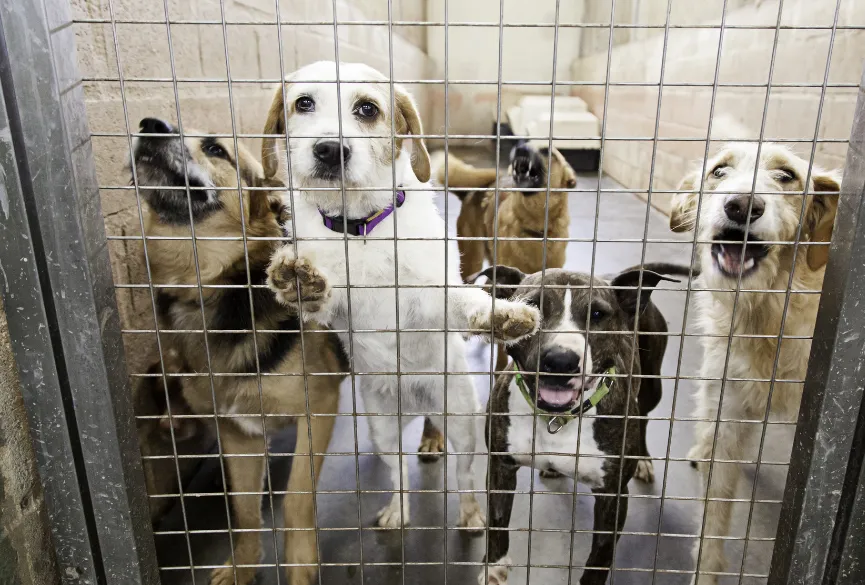
Another way to find your dog: asylums and shelters. These places are like the superheroes of the pet world, showing up to rescue dogs in need.
So if you are ready to open your heart and your home to a puppy looking for a second chance, read on.
Diversity in the kennel
One of the wonderful aspects of shelters and sanctuaries is the wide variety of dogs you find there. From mixed breeds to purebred dogs, there is something for everyone.
Adoption procedures and precautions
Most shelters and sanctuaries have a thorough screening process to ensure that each puppy finds the perfect match. They will ask you all kinds of questions about your lifestyle, your home and your experience with dogs to make sure you are a good fit for them.
A place to call home
Asylums and shelters are not just temporary way stations for dogs on their journey to forever homes. No, they are safe havens where each pup is treated with love and care as they wait for their long and happy home.
No-Kill vs. lethal asylums
It is important to note that not all shelters are created equal. Some shelters are classified as "no-kill," meaning they do not euthanize animals unless absolutely necessary. Other shelters unfortunately have to make the heartbreaking decision to euthanize animals due to lack of space or other factors.
Making the right match
Regardless of their classification, shelters and sanctuaries work tirelessly to find homes for their dogs. And believe me, nothing beats the feeling of having given a dog a second chance at a happy, healthy life.
Pet store
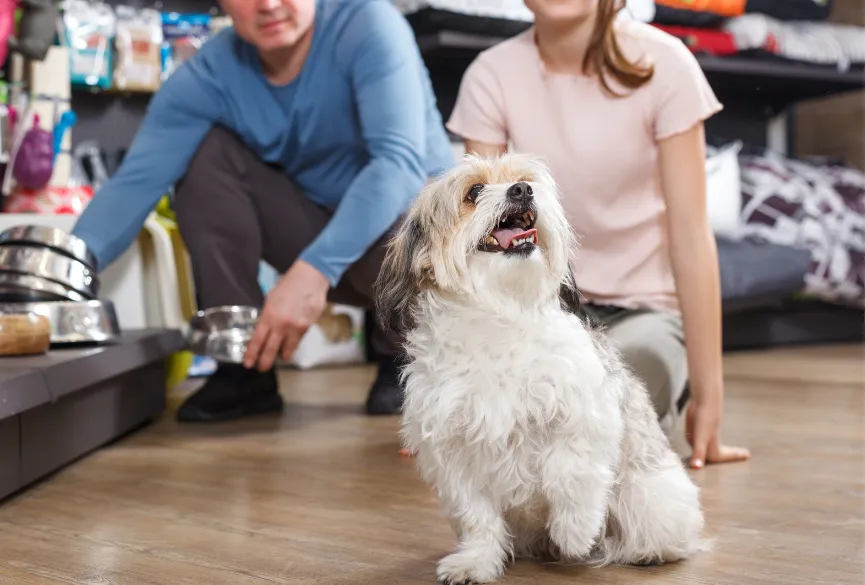
Some pet stores partner with local shelters and asylums to host adoption events in their stores. It is a win-win situation: the store can show that they are involved in animal welfare and the shelters get much-needed attention for their adoptable animals.
The asylums behind the scenes
Asylums work tirelessly to find homes for their dogs, and partnering with pet stores is just one of the many creative ways they reach potential adopters.
Variety is the spice of life
Like shelters and shelters, you'll find a diverse selection of dogs available for adoption at pet stores. From playful puppies to seasoned seniors, there is a puppy for every preference and lifestyle.
Adoption procedures and perks
Now you may be wondering: what is the adoption process like at a pet store? That varies from store to store, but you can expect to fill out an application, undergo screening and maybe even take home your new furry friend the same day.
Support
By adopting through a pet store event, you are not only adding a new member to your family, but you are also supporting the important work of local shelters and sanctuaries. Plus, you can brag to all your friends about how you found your furry friend in the most unexpected place.
The pitfalls of pet stores
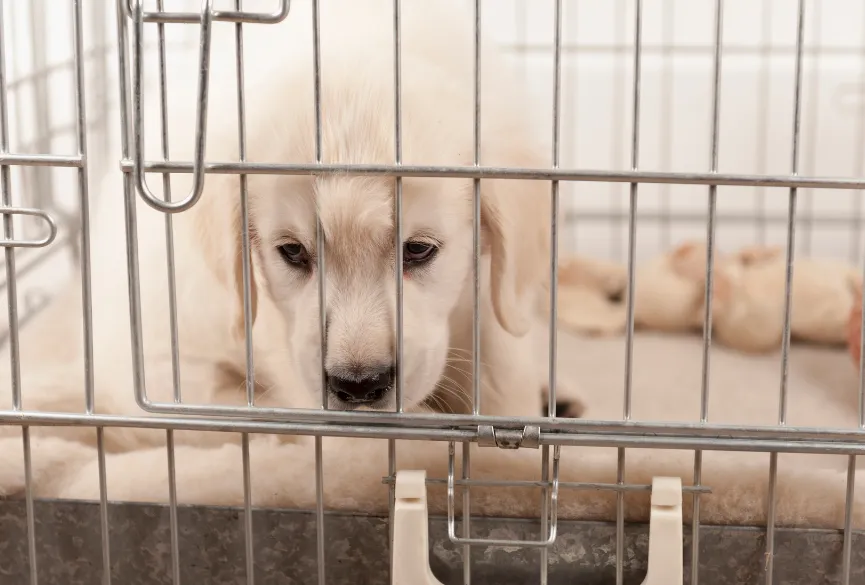
Pet stores may not be the best place to find your dog.
Commercial breeders and backyard dealers
Many pet stores source their animals from commercial breeders, also known as puppy mills.
These facilities often prioritize profit over the welfare of their animals, leading to poor living conditions and health problems in the pets they produce.
And let's not forget the backyard breeders who may not have the expertise or resources to breed responsibly.
Lack of transparency
One of the biggest red flags at pet stores is the lack of transparency about where their animals come from. Reputable breeders are proud of their breeding practices and are usually happy to show their facilities and answer all your questions. Pet stores, on the other hand, may be hesitant to provide this information, which should make you think.
Pricey puppies and hidden costs
Sure, that puppy in the pet store window may look like a bargain, but beware: dogs from pet stores often come with a hefty price tag and hidden costs.
From potential health problems due to poor breeding practices to the cost of caring for a sick or poorly socialized pet, the initial sticker price of that puppy may end up being just the tip of the iceberg.
About the Author

Kelly was born and raised in the city of Worcester, MA, and has always had a great love for dogs. Her parents, now retired, both worked as veterinarians when she was growing up, which sparked her interest in animal care early on.
